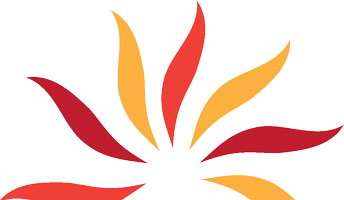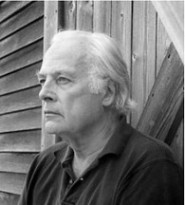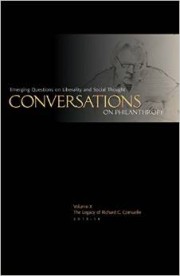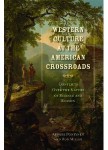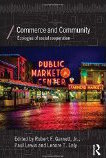Mission
HUMANITY AND FREEDOM
Humanity and freedom ultimately rise or fall together—this was the key insight of the American founders and of the great philosophers of liberty.
Since about the time Tocqueville published Democracy in America in the mid-19th century, humanitarians have often pitted themselves against limited government and free markets. Unfortunately, Marx’s critique of European industrialization rather than Tocqueville’s classical liberal insight into the promises (and perils) posed by American freedom came to dominate the worldview of many who yearned for more widespread freedom and prosperity.
Aided and abetted by an emerging quest for “social justice” and equality, Marxism grafted onto the stock of freedom beliefs that capitalism not only solidifies inequality but also undermines ethical social institutions. But what if this story was wrong? What if this graft between flourishing as an end and state planning as a means can produce only rotten fruit and perpetual disharmony?
Economic historians observe that around 1800 something distinctive began to happen in world history. Despite remarkable population growth, scarcity did not set in, and the quality of life experienced by most peoples around the world has improved dramatically. Yes, there has been uneven development, but if we believe ideas, institutions and incentives matter, this is understandable. Most importantly, as Deirdre McCloskey has argued, this “worldwide enrichment”—the rising levels of prosperity around the world—has “made possible a cultural and ethical enrichment, too.”
America’s robust philanthropic sector itself is an outgrowth of the cultural, ethical and institutional enrichment that coincided with the birth of modern capitalism, defined as McCloskey puts it as a system of “private property and free labor without central planning, regulated by the rule of law and by an ethical consensus.”
The Philanthropic Enterprise was established to engage scholars, philanthropists, and policymakers in reflecting more deeply on the role of philanthropic institutions in a free society and in exploring the power for good, and ill, contained in our beneficent motivations, institutions, and organizations.
